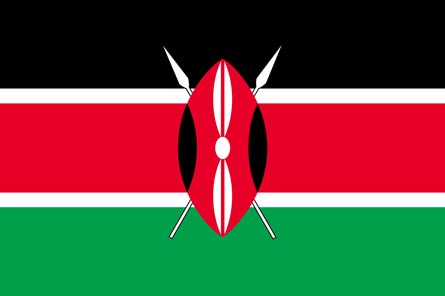Impact Sourcing represents an opportunity for widespread positive impact to Kenya, particularly in terms of employment for it’s large number of well-educated but unemployed people.
Statistics from a report by The Rockefeller Foundation suggests that the Impact Sourcing sector can grow if business process outsourcing (BPO) providers continue to hire from poor and vulnerable sections of society to create jobs.
Opportunities
Increasing Internet speeds and decreasing costs, combined with strong language skills and a high quality education system increases Kenya’s outsourcing scalability potential. Kenya has a relatively new but fast-growing BPO industry. The domestic market in Kenya is untapped, and with expanding banking and telecom sectors, a large number of opportunities are opening up for Impact Sourcing services.
The Vision 2030 initiative is already guiding policy making and shaping infrastructure in Kenya to help build the BPO sector. Various IT parks have been commissioned for construction, which would help scale the BPO industry in regions around major cities.
Challenges
Policy adoption can be slow. A lack of large outsourcers means there’s little opportunity for domestic ISSP subcontracts. Security concerns and perceived political risk are holding back foreign investment, human development, and market potential. Kenya’s perceived cost advantage is threatened by the inexperienced labor supply, decreasing but still relatively high cost of bandwidth, high corporate tax rate, and startup costs associated with ensuring facilities meet international standards.

Key Facts
$33.6 M Revenue
2800 Impact Sourcing Jobs
